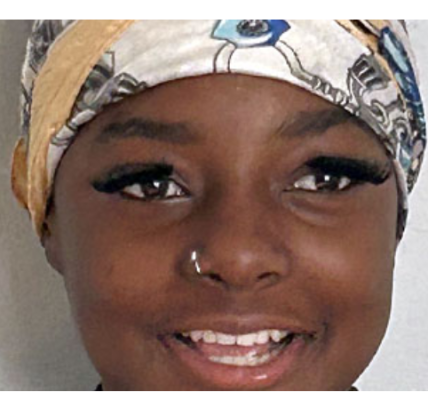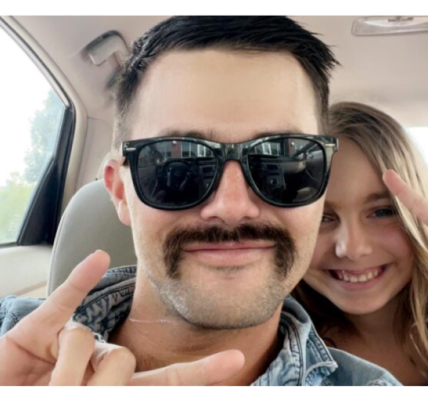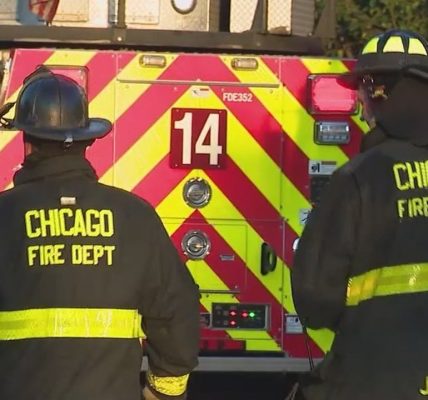Atlanta Rapper Dres Tha Beatnik Dies at 51, Leaving a Lasting Legacy in Hip-Hop Culture
ATLANTA, Ga. — The Atlanta music scene is mourning the death of a beloved and influential figure. Dres Tha Beatnik, a towering presence in the city’s hip-hop culture, died on Monday at the age of 51. His passing marks the end of an era for the underground music community and has sent shockwaves across the national hip-hop landscape.
Born Andre Lett in Philadelphia, Dres Tha Beatnik was far more than a rapper. He was a beatboxer, emcee, cultural historian, and event host whose passion and commitment helped shape Atlanta’s musical identity. Known for his signature voice, energetic performances, and ever-present kufi hat, Dres brought authenticity, charisma, and deep musical knowledge to every stage he touched.
In March, Lett revealed via social media that he had been battling kidney disease and had undergone multiple surgeries. While he kept fans updated on his health struggles with characteristic optimism and courage, the exact cause of his death has not been publicly disclosed. An announcement on his official Facebook page confirmed the heartbreaking news, though it left many questions unanswered.
Dres’ contributions to the Atlanta hip-hop scene were profound and far-reaching. He moved to Atlanta in the 1990s and quickly became a central figure in its emerging underground culture. Perhaps his most significant legacy lies in the creation of the World Famous Mic Club at Club Apache, an event that ran through the early to mid-2000s. The Mic Club revolutionized freestyle battles by discarding traditional cash prizes and eliminating professional “ringers”—battlers who entered contests just to dominate for money. Instead, the event focused on lyrical skill, community, and elevating authentic talent. For many up-and-coming rappers, the Mic Club became a rite of passage.
Dres was not just a performer but a curator and protector of the culture. His encyclopedic knowledge of hip-hop and its roots earned him deep respect from peers, historians, and fans alike. His stage presence was magnetic, and his voice—both literal and cultural—carried weight.
Tributes poured in following the announcement of his death. Atlanta rapper Killer Mike remembered Lett as “a curator of culture” and “a cornerstone of Atlanta, hip-hop and underground culture.” Philadelphia native and The Roots’ drummer Questlove posted simply but powerfully: “Devastating.” Across social media, artists and fans have shared their memories of Lett, from battles in crowded clubs to late-night conversations about hip-hop’s evolution.
Even outside the music industry, his impact was deeply felt. Atlanta Mayor Andre Dickens offered condolences and praise, calling Dres “a unifier, a creative force, and a true champion of Atlanta’s hip-hop and arts community.”
For over two decades, Dres Tha Beatnik used his platform to uplift others, educate new generations, and keep the spirit of hip-hop alive. His role as an emcee extended beyond the microphone—he was a mentor, a gatekeeper, and a historian. He opened stages, welcomed strangers, and pushed artists to dig deeper into their craft and message.
In a city globally recognized for birthing some of the most influential voices in modern rap, Dres Tha Beatnik stood as a powerful, if sometimes unsung, architect behind the scenes. While he never sought mainstream fame, his impact runs deep. Many of today’s successful artists passed through events he curated, and countless others were inspired by his presence and commitment.
Andre Lett is survived by family, friends, and a vast community of artists who owe part of their journey to his guidance and vision.
Plans for a public memorial or celebration of life have not yet been announced, but tributes and gatherings are expected in the days to come, especially at venues like Apache XLR, the spiritual successor to Club Apache.
In the words often spoken by the man himself at the close of every show:
“Peace, Love, and Hip-Hop.”
Rest in power, Dres Tha Beatnik. Your voice will echo forever.





